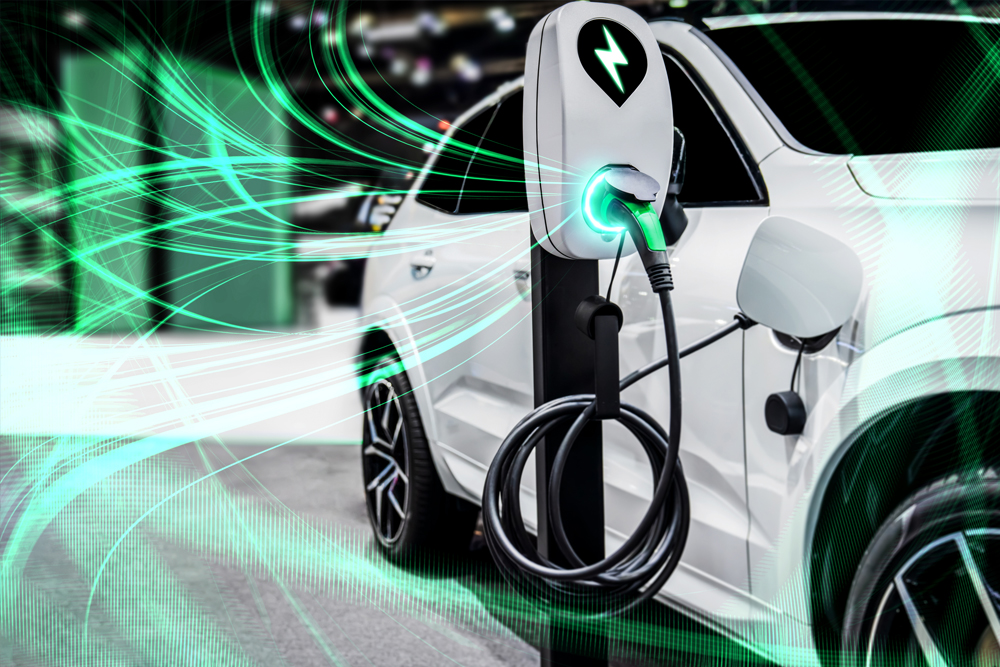
As the world transitions towards a sustainable future, public entities, including government organizations, municipalities, and public institutions, play a pivotal role in driving green initiatives and combating climate change. One of the most significant areas where municipalities can make a tangible impact is the promotion of electric vehicles (EVs) and the development of EV charging infrastructure. In this blog post, we will explore the vital role of EV charging in public entities and how it contributes to a cleaner, greener, and more sustainable environment.
The Rise of Electric Vehicles
Electric vehicles have emerged as a promising solution to reduce carbon emissions and dependency on fossil fuels in the transportation sector. As technology advances and battery costs decrease, EVs have become more accessible and affordable for a wider range of consumers. Governments around the world are also offering incentives and subsidies to promote EV adoption, further accelerating the transition towards electric mobility.
The Importance of EV Charging Infrastructure
While the increasing popularity of EVs is encouraging, the widespread adoption of electric vehicles hinges on the availability of a reliable and robust charging infrastructure. This is where public entities can play a vital role. By investing in and promoting EV charging stations, they can address some of the critical barriers to EV adoption and create a supportive ecosystem for sustainable transportation.
- Encouraging EV Adoption: Public entities can lead by example and encourage their employees and citizens to transition to electric vehicles by providing charging facilities at their workplaces, government offices, and public spaces. By making EV charging accessible and convenient, more individuals are likely to consider making the switch to electric vehicles.
- Reducing Range Anxiety: One of the primary concerns for potential EV buyers is range anxiety – the fear of running out of charge while driving. By strategically installing charging stations along major highways, public entities can alleviate this fear and provide EV drivers with the confidence to embark on longer journeys.
- Boosting Local Economies: EV charging infrastructure fosters economic growth by attracting EV owners to commercial areas with charging stations. This increased foot traffic benefits local businesses, restaurants, and retail outlets, creating a positive economic impact on the community.
- Supporting Sustainable Tourism: Many public entities oversee and manage tourist destinations, parks, and recreational areas. Installing EV charging stations in these locations not only supports sustainable travel for visitors but also enhances the entity’s commitment to environmental stewardship.
- Aligning with Climate Goals: Public entities often have sustainability targets and climate action plans. By investing in EV charging infrastructure, they can demonstrate their dedication to reducing greenhouse gas emissions and mitigating the impacts of climate change.
Partnerships and Funding Opportunities
While the benefits of EV charging infrastructure are clear, public entities may face budgetary constraints in implementing such projects. However, there are several ways to overcome this challenge:
- Public-Private Partnerships: Collaborate with private companies and charging network operators to establish and manage charging stations. Public entities can provide suitable locations, and private partners can handle installation, operation, and maintenance.
- Government Grants and Incentives: Seek funding opportunities provided by regional or national governments for EV charging projects. Many governments offer grants, subsidies, or tax incentives to encourage the development of charging infrastructure.
- Sustainable Financing Models: Explore innovative financing models that involve revenue-sharing from charging services or leasing agreements with charging station operators.
Promoting green initiatives is a collective responsibility, and public entities have a unique opportunity to lead the way in fostering sustainable transportation. By embracing electric vehicles and investing in EV charging infrastructure, municipalities can positively impact the environment, boost local economies, and align with their climate goals. As more public entities recognize the significance of EV charging, we can envision a future where electric mobility becomes the norm, and our communities thrive in a cleaner and greener environment.